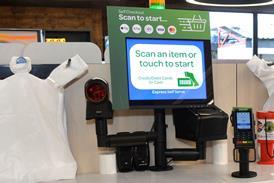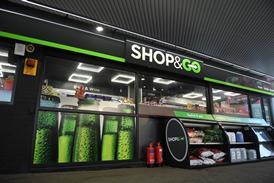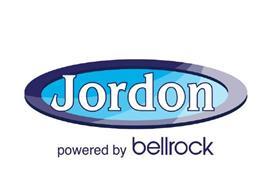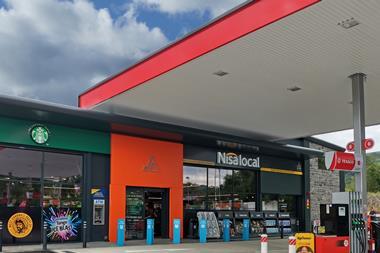The industry equivalent of musical chairs has continued this month with more sites changing hands – Texaco to Pace Petroleum, Morrisons to Tesco, and Fuelforce to Murco.
The biggest deal of the three is Texaco’s sale of up to 60 of its service stations to independent retailer Pace Petroleum, which was formed in October 2004 when it acquired the Q8-branded network.
The first forecourts are expected to transfer to Pace over the next few weeks, with the remainder moving over by the end of October. This announcement follows on from the sale of 118 Texaco forecourts to Somerfield in June, and helps Texaco in its target to sell off its company-owned network by the end of the year, leaving it to focus on growing its dealer network.
John Lynn, vice-president of Marketing Europe for Texaco, said: “Most of our employees working at these sites will transfer over to Pace. Our brand will remain on the forecourt, and we will continue to supply customers of Texaco and Pace with excellent quality fuel.”
Brian Handley, general manager at Pace Petroleum, said: “We are delighted to acquire a further 60 stations, which complement our strategy of profitable growth. The retention of the Texaco brand, already a supplier to Pace, provides us with a strong retail offer in this sector of the market.”
Meanwhile, Tesco has made Morrisons an offer to buy 30 former BP/Safeway petrol stations, subject to pre-emption rights on 12 of the sites.
The deal will allow Tesco to convert freehold sites in neighbourhood locations to its Express convenience format, and is part of a series of Morrison disposals following on from the Morrison/Safeway merger and will be subject to Office of Fair Trading clearance.
But the Association of Convenience Stores has moved swiftly to call on the OFT to stand up to the continued consolidation of the grocery market in light of the latest acquisition by Tesco.
ACS chief executive David Rae said: “I expect that Tesco will be hoping that – as with their acquisitions of T&S Stores and Adminstore, and with Sainsbury’s purchases of Bells and Jacksons – this will pass below the competition authorities’ radar because the purchase is of convenience stores and not superstores.
“In our view, this distinction is irrelevant in a grocery market in which retailers buy product across their whole business, cross-subsidise from their larger stores to their smaller stores, and benefit from their brands built up in larger format outlets.”
Finally, following the sale of 57 Fuelforce sites to Murco in May, the oil company has snapped up a further five forecourts from Fuelforce, giving Murco a total of 157 co-owned sites.





























No comments yet